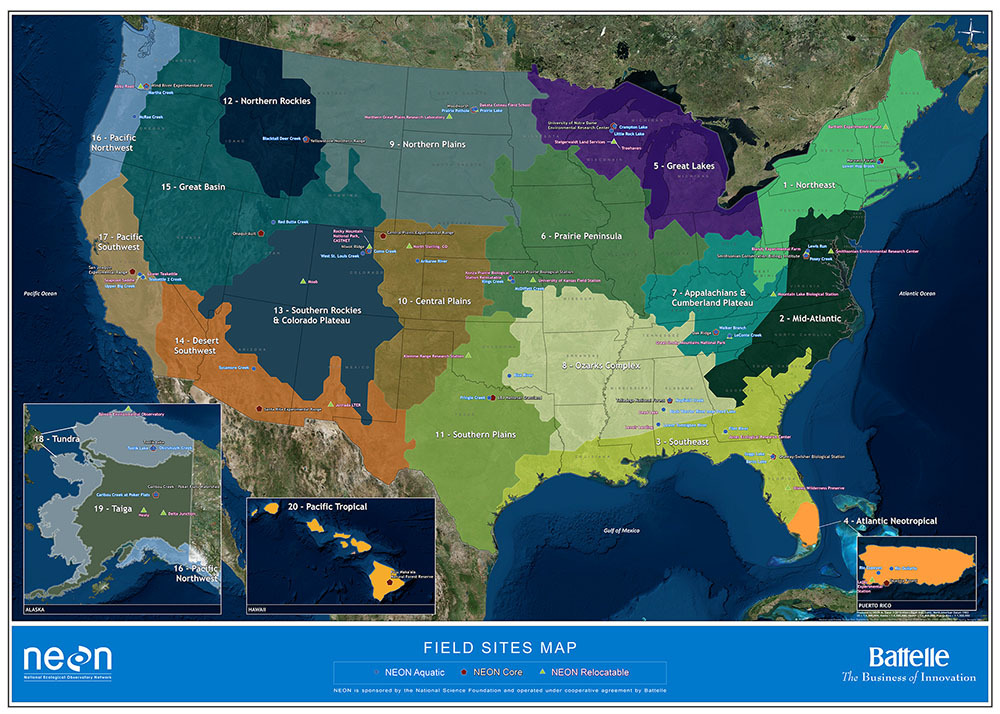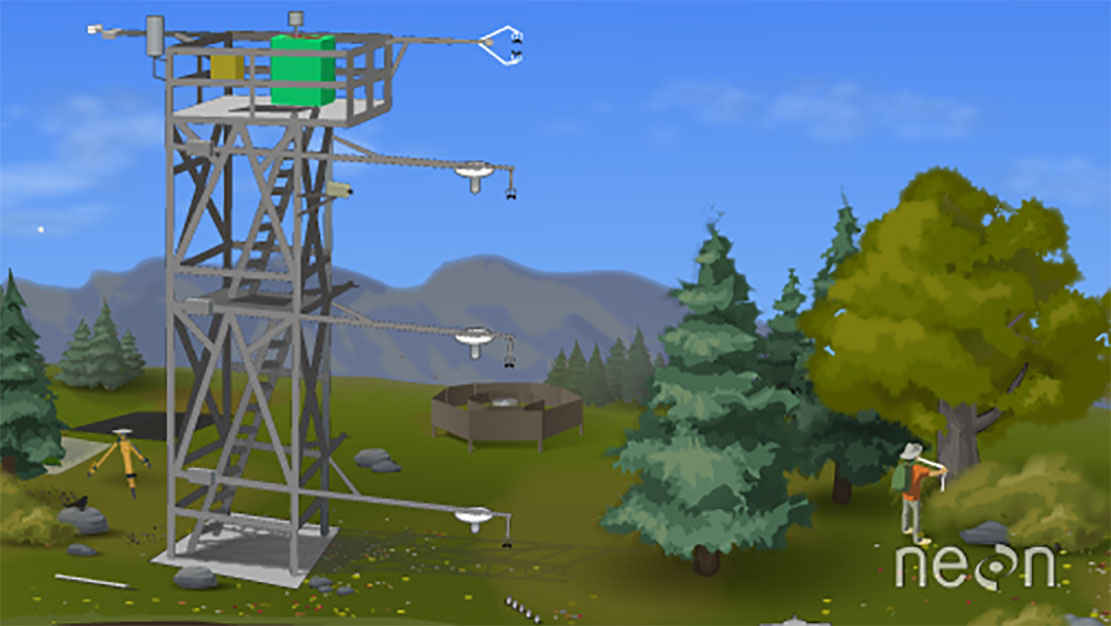December 4, 2024
The Ebiil Society: Champions of Palau
Ann Singeo, founder of our partner organization the Ebiil Society, shares her vision for a thriving Palau and a flourishing world of indigenous science!
We use cookies to help you navigate efficiently and perform certain functions. You will find detailed information about all cookies under each consent category below.
The cookies that are categorized as "Necessary" are stored on your browser as they are essential for enabling the basic functionalities of the site. ...
Necessary cookies are required to enable the basic features of this site, such as providing secure log-in or adjusting your consent preferences. These cookies do not store any personally identifiable data.
Functional cookies help perform certain functionalities like sharing the content of the website on social media platforms, collecting feedback, and other third-party features.
Analytical cookies are used to understand how visitors interact with the website. These cookies help provide information on metrics such as the number of visitors, bounce rate, traffic source, etc.
Performance cookies are used to understand and analyze the key performance indexes of the website which helps in delivering a better user experience for the visitors.
Advertisement cookies are used to provide visitors with customized advertisements based on the pages you visited previously and to analyze the effectiveness of the ad campaigns.
Our new online shop is live!

The Big Island Pu’u Maka’ala Natural Area Reserve will soon be home to one of many National Ecological Observatory Network (NEON) climate change research sites. NEON is sponsored by the National Science Foundation and is operated by Battelle, a non-profit science and technology company in Ohio.
The NEON has identified 20 ecological domains spanning the continental U.S., each with their own unique climate, species, and habitat. Within each ecological domain, excluding the Pacific Tropical domain, lies identified aquatic biomes that will be monitored as well. The data collected at each site will be standardized so that it can be compared to the data from other ecological sites. Field-sampling methods are centered around surveying the air, water, soil, and species of each domain.

Methods for Data Collection:
All climate change research data collected at the domain sites is uploaded, cataloged and accessible online.

The Hawai’i field site is the assigned “Pacific Tropical” domain, and the facilities include a research tower, soil plots, a precipitation gauge, and a tool shed. Set to be effective in 2018, Hawai’i will be the last site put in operation.
Each site will be collecting data for the next 30 years, contributing to assessments of long-term ecological changes. A long-term experiment such as this is important for effective climate change research, since climate is defined as the persistent weather conditions over a long period of time.
NEON’s site surveys are utilizing diverse methodology to obtain a comprehensive evaluation of the different ecological domains. This in-depth, strategic study will be integral in assessing the effects of climate change in different global biomes, and hopefully produce insight so we can more readily prepare for the future.
Featured photo: Pe’e Pe’e Falls. Credit: Lee Harkness
Source: Hawaii Tribune Herald
Check out other journal entries we think you might be interested in.
Notifications